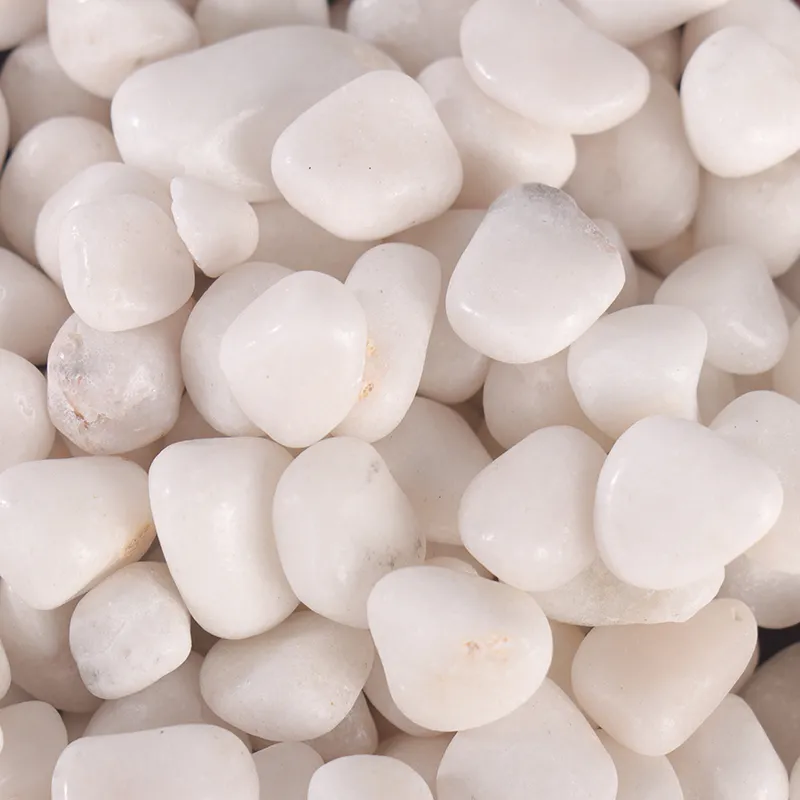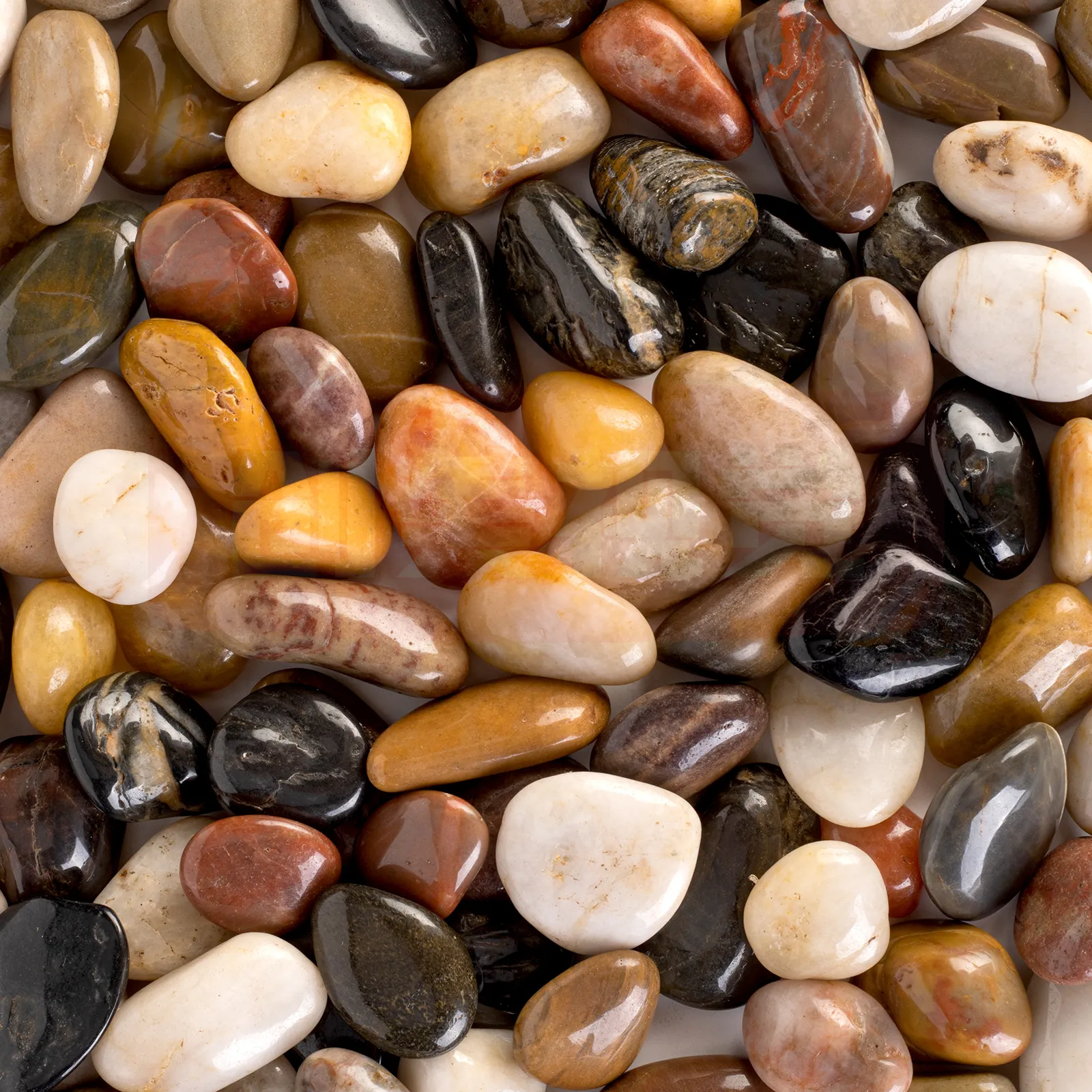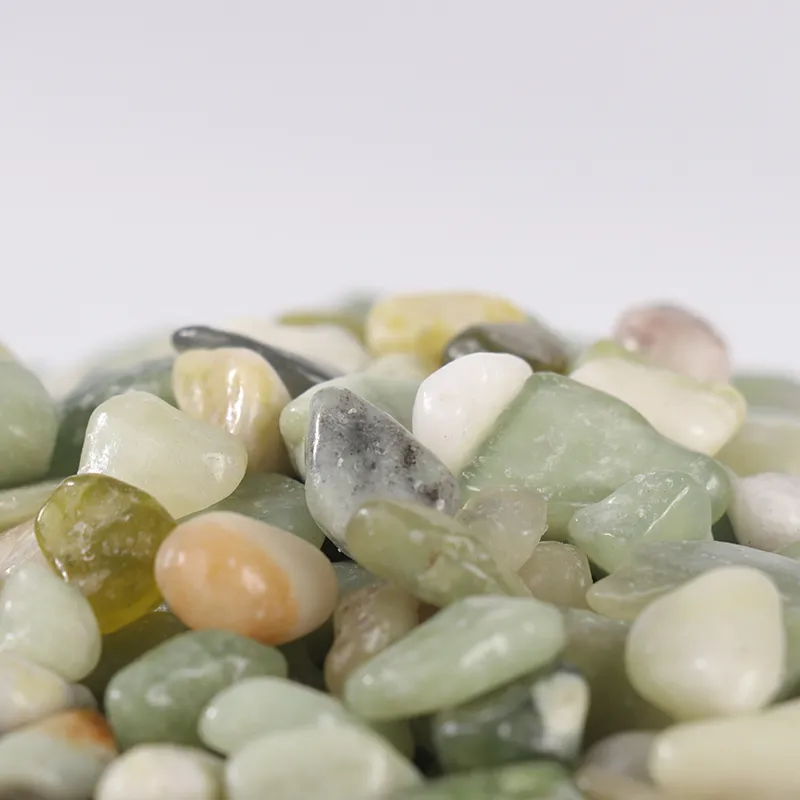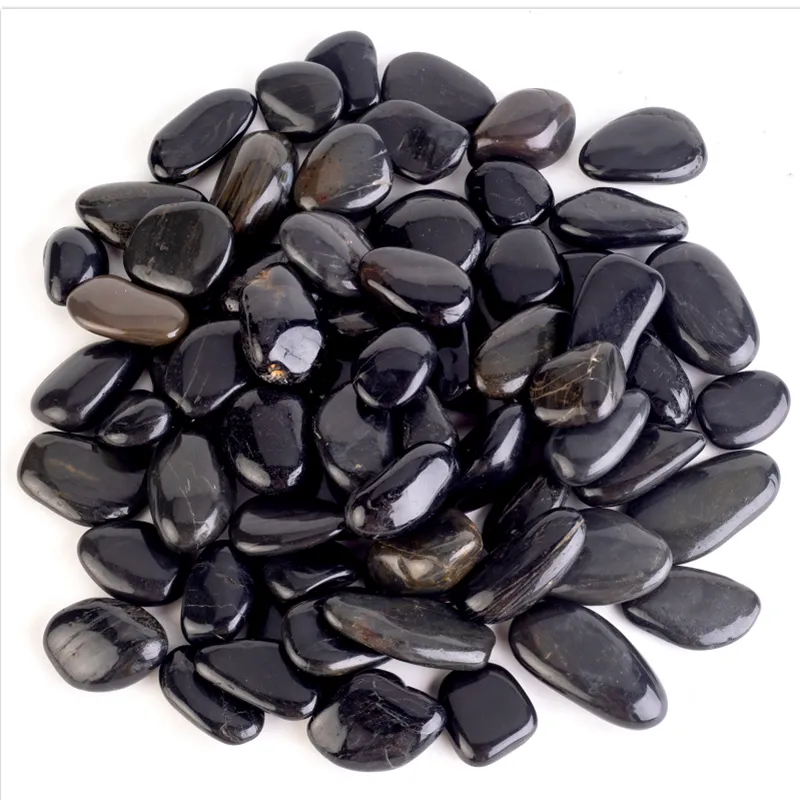9 月 . 21, 2024 22:31 Back to list
white pebbles for plants
The Benefits of Using White Pebbles for Plants
Gardening is an art, and like any artist, a gardener needs the right tools and materials to create a masterpiece. One material that is often overlooked but can significantly enhance both the aesthetic appeal and health of plants is white pebbles. These decorative stones, primarily composed of natural quartz or marble, not only provide a pleasing visual contrast to the vibrant greens and colorful flowers in your garden but also bring numerous benefits to plant health and maintenance.
Aesthetic Appeal
One of the most notable advantages of using white pebbles in your garden is their ability to enhance the aesthetic appeal of your planting areas. The crisp, clean look of white stones creates a beautiful contrast against the greenery of plants and the rich colors of flowers. Whether you use them as a top dressing for potted plants or as mulch in garden beds, white pebbles can dramatically elevate the visual design of your landscape. Additionally, their reflective properties can brighten up shaded areas, making your garden feel more open and inviting.
Soil Moisture Retention
Another key benefit of using white pebbles is their capacity to help retain soil moisture. When spread around plants, they act as a barrier that reduces moisture evaporation from the soil beneath. This is especially important in dry climates or during the hot summer months when plants need consistent moisture to thrive. By preventing the soil from drying out too quickly, white pebbles can help reduce the frequency and volume of watering needed, thereby conserving water and making gardening more sustainable.
Weed Suppression
white pebbles for plants
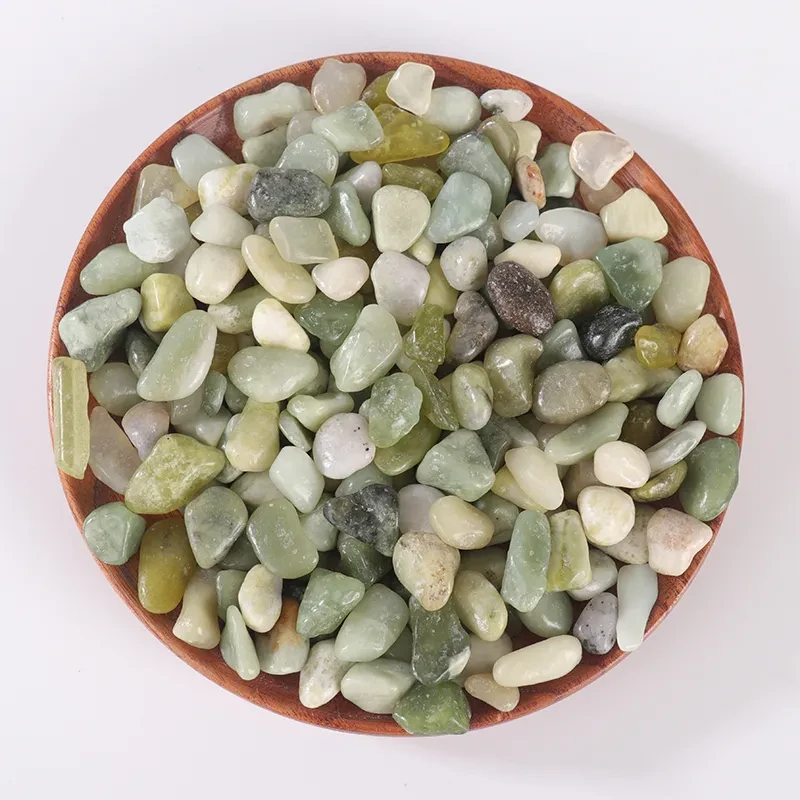
Weeds can be a gardener's worst enemy, competing for essential nutrients and water. Incorporating white pebbles into your garden can act as an effective weed suppressant. When laid down as a thick layer on top of the soil, they create a barrier that makes it difficult for weeds to take root. This not only saves time on weeding but also reduces the need for chemical herbicides, creating a healthier environment for your plants and benefiting the ecosystem.
Temperature Regulation
White pebbles can also play a crucial role in regulating soil temperature. They reflect sunlight, keeping the soil cooler during hot days, which can protect plant roots from heat stress. Conversely, during colder months, they can help insulate the soil, reducing temperature fluctuations that can be harmful to delicate root systems. A stable soil temperature is vital for optimal plant growth and overall health.
Versatility and Ease of Maintenance
One of the many appealing aspects of using white pebbles is their versatility. They can be utilized in a variety of planting arrangements, from pots and container gardens to pathways and decorative borders. Furthermore, they require minimal maintenance compared to traditional mulch; they don't compact or break down over time, meaning you won’t need to replace them annually.
Conclusion
Incorporating white pebbles into your gardening routine can be a game-changer. They offer aesthetic beauty, enhance moisture retention, suppress weeds, regulate soil temperature, and require minimal maintenance. As gardeners, we should always be looking for ways to improve our practices and create an environment where our plants can flourish. By adding white pebbles to your gardening toolkit, you can foster a healthier, more attractive garden while embracing the creative aspects of gardening. So why not experiment with this simple yet effective addition and watch your plants thrive like never before!
-
Tumbled Nephrite Jade in Feng Shui: How to Attract Balance and Prosperity
NewsOct.18,2024
-
Nephrite Jade in Home Décor: Bringing Earthy Elegance to Your Living Space
NewsOct.18,2024
-
How to Spot Authentic Tumbled Nephrite Jade: A Buyer’s Guide
NewsOct.18,2024
-
Healing Properties of Tumbled Nephrite Jade: A Look into Ancient Wellness Practices
NewsOct.18,2024
-
Ethical Sourcing of Nephrite Jade: Ensuring Sustainable and Fair Trade Practices
NewsOct.18,2024
-
Caring for Your Tumbled Nephrite Jade: Maintenance Tips for Longevity
NewsOct.18,2024



